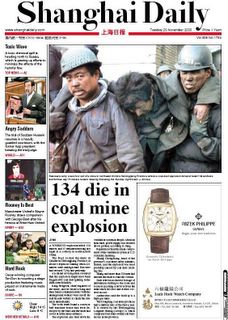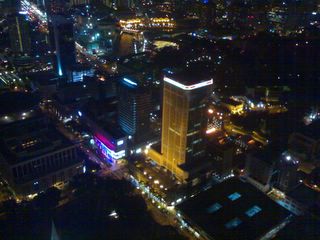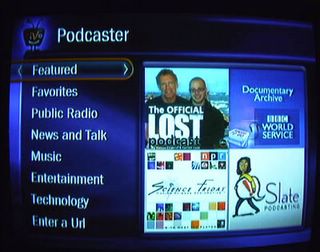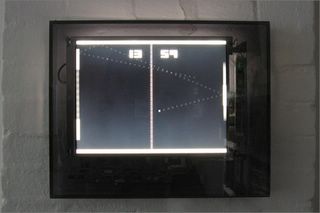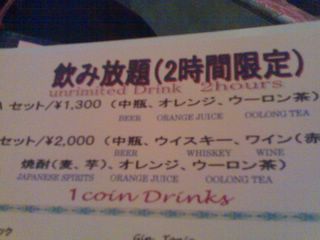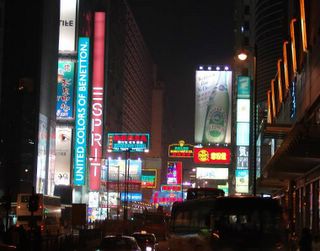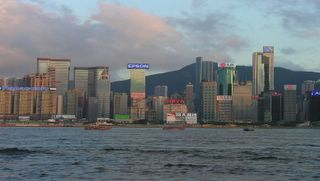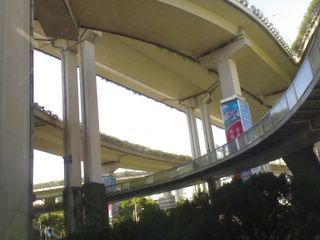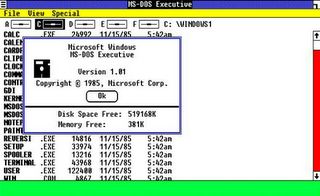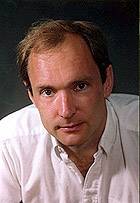Step back and look at our domain names, especially the Top Level Domain (TLD) system. It's a mess. Try and explain it to an alien that lands on our planet. 'Take me to your Leader,' he says. (They always do.) Nowadays that's easy: just go online, Little Green Man. Only it's a bit hard to explain where to atart. The USA use something-dot-gov. Other countries use either dot gov or dot go, followed by a country TLD. Continental European countries just use their country TLDs, nothing else.
 courtesy of John Pritchett, www.pritchettcartoons.com
courtesy of John Pritchett, www.pritchettcartoons.comBy this time our LGM has lost track. OK, he thinks, forget about Leaders, I want to do some shopping. And I need repairs for my space ship. He goes online and finds the same kind of mess - only worse.
Dot com has become a de facto standard for everyone who wants to operate either in the US, or across borders. Which means if you want to start a new business or brand name, you set up the corresponding dot com but if you can get away with it, you als grab the dot org and dot net, to prevent future confusion.
And since there's big money in website registration, treasure seekers keep coming out of the woodwork. It all started in 1998 when one Jason Chapnik found out that the tiny Pacific archipelago of Tuvalu was blessed with the TV TLD. Jason caught a plane, gave the locals 50 grand and the
.TV Corporation was born. The mountains of gold didn't materialise quick enough, Jason fled, and .TV is now part of Verisign. Since then the list of both treasure seeking and well meaning initiatives has become endless. Another Pacific island, Niue (.nu) and Italy (.it) have profited. And in 2000 ICANN has approved
7 new TLDs of which .biz is the most popular.
All these are doomed. Never underestimate the power of standardization, and dot-com holds the strongest cards. But if we're headed towards the situation where one TLD dominates, why have one at all?
Apparently a couple of Dutch guys were the first ones to act on that. A company in Amsterdam called
Unified Root now offer the service of TLDs with your own name, without any further suffix. So if you're Disney, you can direct people to http://Mickey.Disney, Disneyworld.Disney, etcetera. UR have set up their own root zone and now hope to get ISPs and corporate networks around the world to resolve that zone. This is the Achilles heel of any new initiative: if not enough people do that, you run the risk of not being found too often and the whole initiave will be a
dead end.

Never underestimate the power of the existing standard. People are more and more getting used to dot coms. But getting rid of dot suffixes would be an improvement, and not only for aliens.
